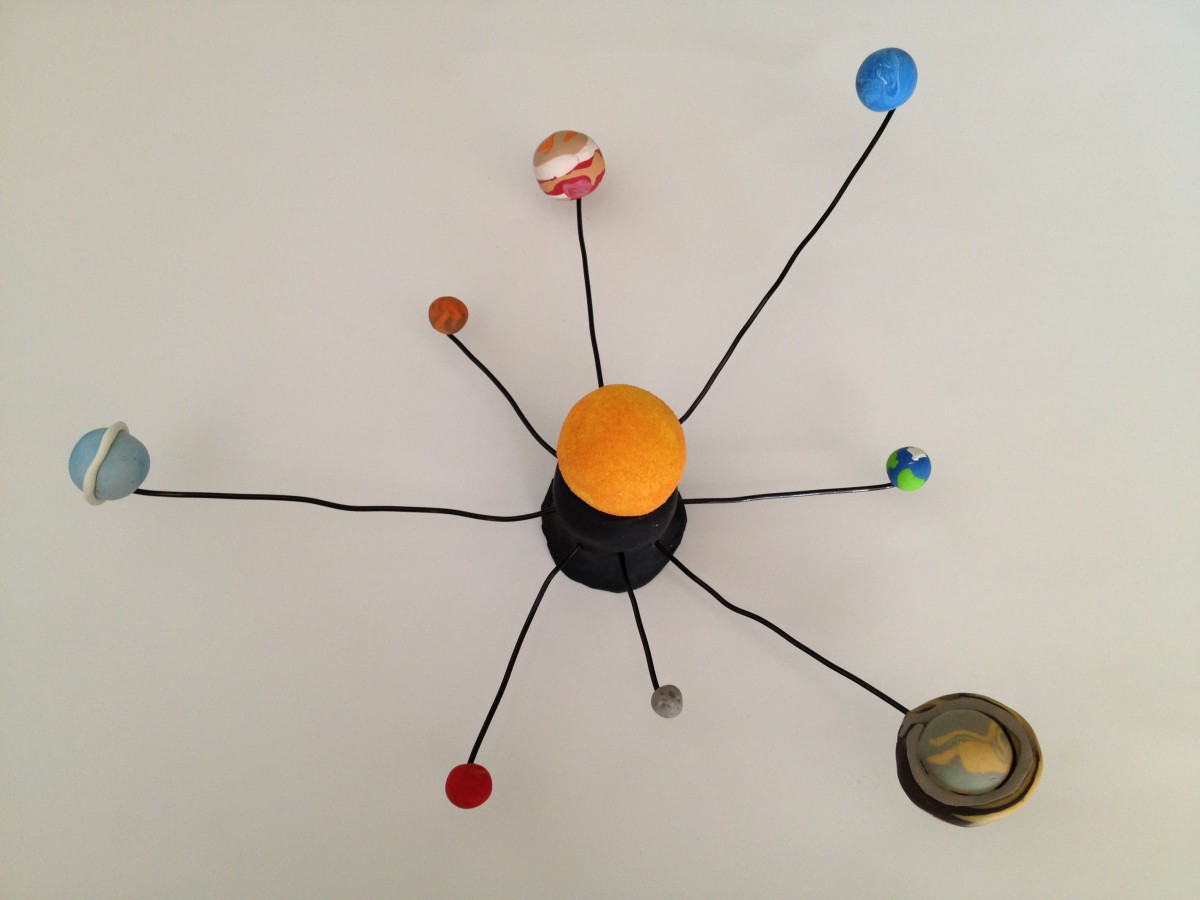You Are Not Reading! You Know?
There was a time people enjoyed reading between the lines. Deriving satisfaction from reading an article and learning used to be the top criterion for selecting something to read. Nowadays one just gives a cursory view and hovers over articles. Seldom does an article attract the attention of the reader. Even in case it does, it gets little time to be read in depth. But I still plead for conceptual and effective reading. In what follows, I tell you how and why one should read a useful article effectivelt and gain maximum from it.
- How much of an article that you read a week back in a newspaper, do you remember?
- Do you remember the name of the author of the article?
- What gain has it provided you in your life?
- How long is this gain likely to last?
- Did you tell anyone about the article or discuss it with somebody?
- Did you enjoy reading this article?
- Did you search for other articles of similar content or mood?
- Did the language of the article draw your attention?
- Was your ambience suitable for reading the article?
- Did you draw inferences from the article?
- Did you put the view of the author through a logical test?
- Did you also read any reviews or comments on the article?
Do you qualify as a good reader?
Surprisingly enough, you may fail this test even though you know you are a voracious reader. Honestly speaking, I failed when I applied the test to me.
Ask the questions on the right to yourself and find for yourself. I read an article on good and bad cholesterol about a week ago in ‘India Today’, one of the leading weekly magazines in India. When I asked these questions to myself I found that I had not bothered about many of them. I also received negative answers for many of these questions from within me.
Selecting an article to read
Do not just pick up any crap and start reading. Read a topic that either interests you or is necessary or very important for you. You may be selective about the author and format as well.

Get into the best ambience and mood to read the article
By this I mean, You should place yourself in your study room or living room or wherever you find yourself comfortable. The place must be well lit and free from noise. The time of the day should be one that suits your heart and mind. If you wear spects they should be clean and if you like, you may have beside you, a dictionary ready to use.
These things vary widely for people since different people have different working hours and sleeping and reading habits. For instance, I enjoy reading after reaching home from office. Surprisingly I also feel motivated to read in the daily train while coming back home from office.
Enjoy reading
Do not force yourself to understand or memorize what you read. Do not read very fast. Rather read at a moderate pace and with a relaxed attitude. The idea behind this is that you should find time to understand words and sentences and grasp the meaning in entirety. The underlying concepts become clear with such reading. Reading like this also helps you to connect what you have already read to what you are going to read.
Read the article a number of times
In one go the meaning and the intent of the article may not come clear. But when you read it for the second time, facts start evolving and a view takes shape. In the third or subsequent reading, one is able to assimilate the entire content. It is a part of your own repository of knowledge.
Stop for a while between paragraphs
Doing so gives you time to ponder. You may deduce a view developing from the paragraph. Forming such a view in your mind's eye helps you to move with a thought through your reading. Later, as you move on, you may or may not carry this view. You may also go on tailoring it for correction.
Revision, writing notes and discussion
These are ways of retaining the knowledge for a long time. Revision is not always possible in today's hectic life style. But if you jot down salient points which work as memory aids, it will be easier to recollect when you go through such notes. You may revive your knowledge at the moment of need.
Who can be benefited by reading this way?
The answer is 'everybody'.
A candidate going to appear a tough competitive exam finds, besides other things, comprehension tests which require such critical reading.
A writer-in-the-make may observe the language and the style of the author and may benefit.
One who wants to develop the reading habit, benefits from such reading.
So, who does not benefit from such reading? The answer is 'nobody'.
Avoid distractions and stagnation
If you recall the last time you started reading an article, perhaps your phone buzzed after some time, someone in the house switched on the TV or having read a sentence or a paragraph you deviated into a thought different from the topic under study.
Here, I shall state only so much that you should do whatever you can, to avoid distraction and the consequent stagnation. Commit to yourself that you won't start anything else before you complete either the whole or at least a major part of the article.








